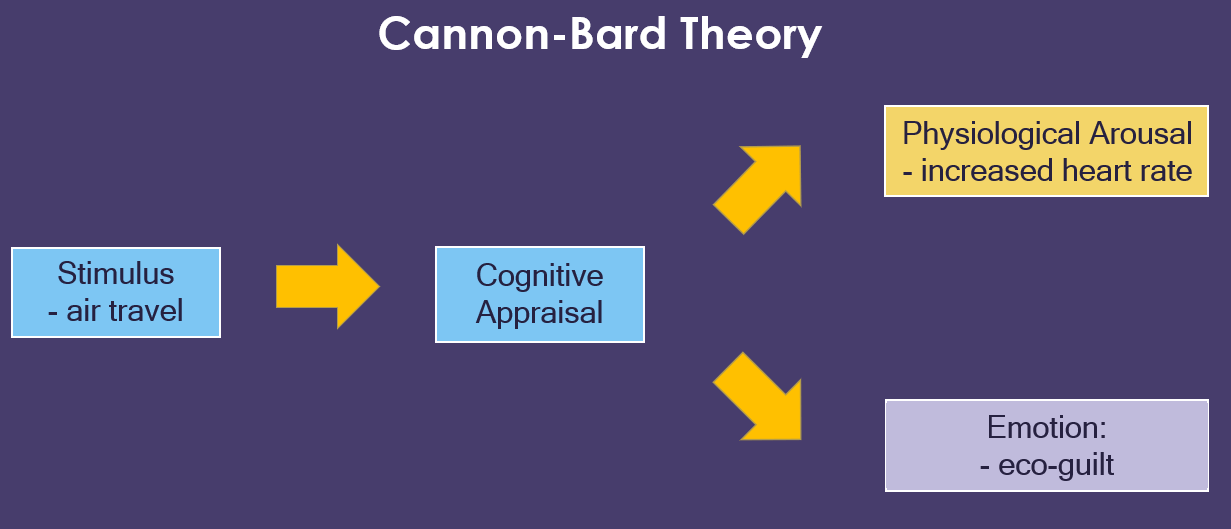Why too much public self-promotion by academics is damaging (opinion)
It is no secret that the COVID-19 pandemic has wreaked havoc on what was already a fragile academic job market. The extent of the damage may only be clear a year or two from now, but suffice it to say that, in many fields, things have gone from bad to abysmal. Beyond the ivory tower, the broader context of death, uncertainty and financial hardship presents a situation that one might expect would call for a certain degree of human empathy and sensitivity to the suffering engulfing the world and so many in our profession—particularly those seeking work or in precarious employment situations.
But a quick look at the social media accounts of many established—and tenured—academics reveals that such empathy is in short supply. Proliferating on the social media landscape are variations on “I know it’s a really weird time, but I just got promoted/won my umpteenth award/received a disgustingly massive grant!” I was shocked recently to see one scholar upload a letter from a tenure-review committee (a practice I find distasteful even under normal circumstances) announcing a successful promotion. Wondering if it was just yours truly who found this behavior stunningly tone-deaf, I asked a number of friends and colleagues if they were seeing the same thing in their feeds and social media accounts. The answer was a unanimous yes.
The fact that millions are losing their jobs due to economic contraction, and our own colleagues and students face dim prospects, seems not to have altered the juggernaut of self-promotion culture one iota. One of the mantras of academic advice columns over the past decades has been that self-promotion is nothing to be ashamed of and, in fact, is a necessary weapon in the academic professional arsenal in a competitive job market. There is some truth in this, but let’s be honest with ourselves: things have gotten way out of hand. A bit of historical perspective can help us understand why.
When the self-promotion ethos evolved, it was in the context of academic conferences and review committees, where many young scholars were encouraged to speak confidently and positively about their work in order to get a job or promoted. In the minimalist version of this, one should not be completely self-effacing, be able to convincingly express the importance of their work and send an offprint of new publications to colleagues. In the maximalist version, one exaggerates and overstates the contribution of their work to each and every other person in the profession, meanwhile name-dropping and claiming dubious associations with various Nobel laureates and academic celebrities (“Žižek just read my paper and was blown away!”). Other advisers have suggested citing influential scholars whose work is tangential to your own in order to curry favor with them and increase networking possibilities.
This latter, maximalist version, annoying in any context, was somehow endurable because it only had to be experienced once a year at a conference or perhaps at the occasional campus reception. But with the advent of social media, self-promotion has attained the status of a 24-hour news channel, becoming a never-ending, unholy inundation of false modesty, unabashed careerism and self-congratulatory postings. But wait—now it’s not just the young scholars at the conference trying to get their feet in the door, but also many midcareer and senior scholars publicly announcing each time they receive a positive book review, get a raise or win millions in grant money.
The academic advice gurus have derided old-fashioned virtues like modesty in favor of assertive careerism and the de-shaming of self-promotion, particularly in the American context. However, the contagion has also spread to continental Europe, a context I work in, as well as in the U.K., and many people are deeply afflicted. Combined with the current online culture of steady, drip-by-drip exhibitionism and humblebragging, the very nature and audience of self-promotion has changed. The pendulum on the internet tends to swing in the direction of maximalism because: 1) it’s much easier and less costly than doing it in person, and 2) so many others are doing it so blatantly. Given this new situation, it’s time to reassess the inherited wisdom and modify the prevailing mantras on self-promotion.
Don’t get me wrong: it’s fine to share and celebrate your accomplishments and milestones in responsible ways. But in the current context of deep pain in the academic profession, let me put in a plea: if things are going well for you, exhibit some old-fashioned restraint and enjoy your success quietly from time to time. You don’t need to trumpet every single successfully completed task, conference presentation and financial windfall to the world, especially if you are an established or tenured scholar. Many forms of self-promotion are genuinely shameless in certain contexts.
Rather, consider taking this moment as an opportunity to support and promote the work and accomplishments of everyone but yourself, and especially those who need it most: graduate students, recently minted Ph.D.s and colleagues in precarious employment situations. If you have had the good fortune to wind up in a secure and stable academic position, please keep in mind that many people out there need your support and advocacy much more than you do.



